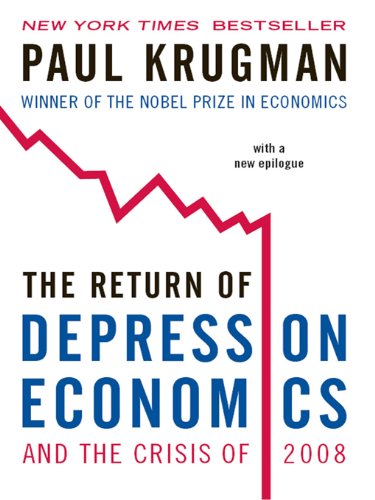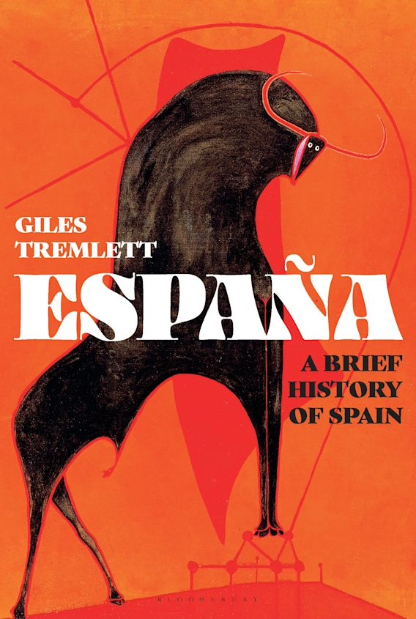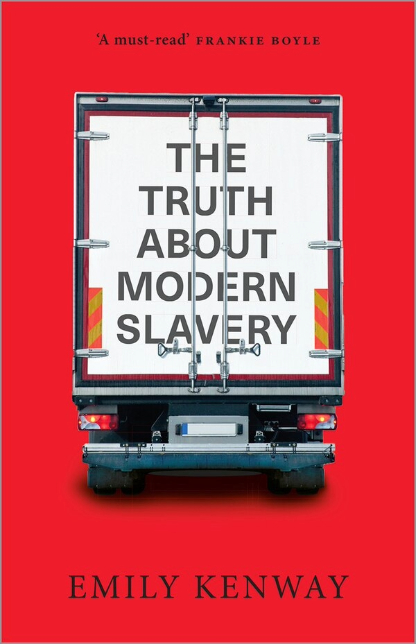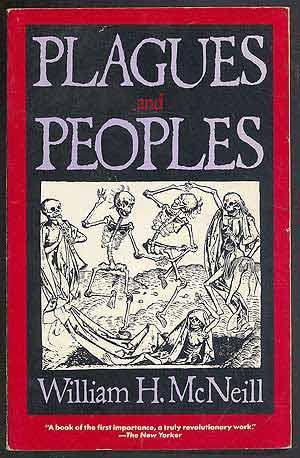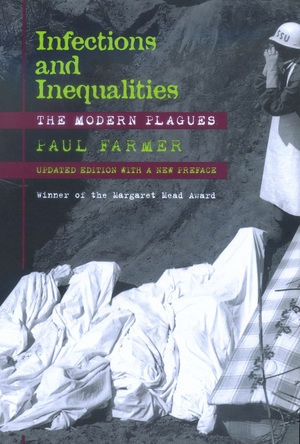The Security Principle: From Serenity to Regulation, Frédéric Gros, Verso, 2019, pp. 195, ISBN 978-1-78478-715-8
Security dominates public discourse. We often hear politicians justifying a particular action with reference to the ‘security of the people’, or the ‘security of supply.’ At times it may appear that our very being centers around notions of security. However, the definition of the term remains elusive, yet understood in our day and age. It seems more of a gut reaction than a well thought out concept.
Frédéric Gros, Professor at SciencesPo in Paris and author of The Philosophy of Walking, traces the genealogy of the idea of ‘security’ from Ancient Greece to the present, indicating how it transformed in particular historical conjunctures. He identifies four broad categories of security: security as a state of mind, security as an objective situation devoid of danger and threat, security as safety provided by the State, and security as control of flow.
The first meaning of security was developed by the Ancient Greeks. For them, security indicated a state of subjective disposition characterized by specific mental traits, to be achieved by following certain prescriptive exercises. The Stoics perceived security to be the blessing of the wise, and involved fending off the emotional impact of events, accidents, dramas or divine interventions, and being able to neutralize the image in order to act upon it. It was the ability to distance oneself from the Image and thereby to acknowledge its fleeting moment to be able to interpret it in the best way possible. Unlike the Epicureans, whose pursuit of the state of wellbeing position them as the precursors of utilitarianism. Although the Epicureans pursued ataraxia or spiritual security, and security, therefore, meant the positioning of oneself to realize false and hollow pleasures, as well as to protect oneself from worries. This was to be achieved by contemplating principles, having friends, accepting God and reminiscing on happy moments. Lastly, the Sceptics found security in their detachment and withdrawal from the pursuit of ultimate truth.
The projection of a particular material state of being outside oneself was the second type of security, found in the emergence of Millenarian beliefs of early Christianity. Millenarian security negated reality in order to project a utopian vision of the return to the past before the original sin. Before it was quickly suppressed by the official Church doctrine, millenarian beliefs developed between the 2nd and 4th century AD. They adopted the frame for the Apocalypse, which provided a particular sequence of events before the ultimate security was to be achieved. In particular, as Psalm 90 states, each day for God is like a thousand years. Therefore, for 6000 years the community of man will develop, which will then usher humanity in a thousand-year period before all the dead arise in a sort of cosmic restoration, which would follow “moral renovation of each person.” These beliefs viewed security as the ultimate end of a sequence of events, foretold by the scriptures. Joachim of Fiore, for example, found security in the ‘third age of history,’ modelled on a triad of the Holy Father, Holy Son and the Holy Spirit. While John Ball in England, Jan Hus in Bohemia and Thomas Muntzer in Germany sought the return to a time when everything was shared in common, and private property did not exist.
With the formation of States, security became an element of the public order, characterized by “an absence of danger to an individual’s life, liberty or property rights.” Security then became equivalent to the State, whose purpose began to be its provision. This definition of security is found in the foundational texts of political philosophy, such as Hobbes’ Leviathan and De Cive, Spinoza’s Theological-Political Treatise, Locke’s Two Treatises of Government, and Rousseau’s Social Contract. Security of the active citizen came to be constituted in the provision of duties by the Judge, the Policeman, and the Soldier. The judge dispensed ‘objective’ justice, applied equally to all citizens. The Policeman protected private property, while the Soldier prevented foreign incursions.
The ultimate form of security is that of biosecurity, which developed with the rise of technics. For Gros, biosecurity represents “a set of measures for protecting, controlling, and regulating the individual considered in the light of her biological finiteness.” It seeks to protect, control and regulate the continuity of a process. Protection, according to Gros, appears in the images of permeable organism, a body that can be affected; the fragile child, a body dependant on the protective atmosphere provided by an authoritative figure; and vulnerable populations, collection of individual humans. In order to achieve protection, control becomes necessary. In the information age, control takes the form of data, which sorts, excludes and distinguishes, as much as it constructs those elements that are deemed destructive. As Gros states, “Security is no longer made up of gates, but of pixels, not of doors but of immaterial files.” Control, therefore, allows for regulation, which maintains the perpetual dynamic of the present. In a brilliant extension, Gros applies this concept to the market, which can be seen as a utopia of self-regulated systems, as some would have it. Total deregulation of the market, where each price corresponds precisely to its value, and outside interference is seen as disruptive, could represent security. “If regulation is security, then security is the market – a deregulated one” (p.170).
Gros’ book introduces different meanings of ‘security.’ The divisions are not clear cut, with each corresponding to a precise moment in time. Instead, each can be found in the other, in its reconfigured form. For example, millenarian movements are still with us, although few call for the total annihilation of the corrupt. The ideology of mindfulness reigns supreme among the corporate elite, as much as with the plebeians, which seeks to detach the individual from the present moment, a close approximation to the Ancient Greeks.
Millenarian security and that of the Ancient Greeks differ from those of the State and biosecurity in that the former allow for action that would seek to reorder the present socioeconomic reality, whereas the latter aims to preserve it. The emphasis is placed on the agency of the individual, whereas the state, through its securitized approaches to biopolitics, aims to strip the individual of that agency in order to ensure the continuation of its existence. The citizen is rendered passive, a mere cog in the structure that is securitized and therefore made immune to change.
